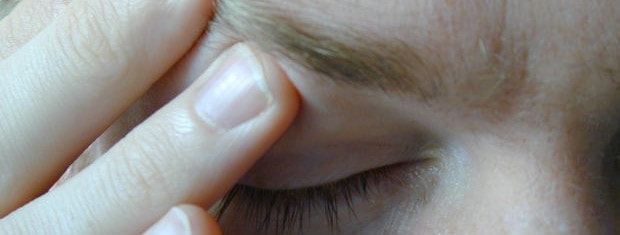|
When Tim died it hurt. And I don't just mean that my heart broke. I mean that I hurt physically. I felt so tired that my bones ached. My stomach hurt. I felt sick. My head ached. I didn't experience this, but I know that other widows had chest pains so bad they ended up in A&E. And there's widow brain too. It's all completely normal with the shock and sadness that comes along with bereavement.
Please remember, though – if any of these symptoms become distressing, last a long time or get worse, please talk to your doctor, call 111, or in an emergency, call 999. Being exhausted Grief messes with our sleep, gives our brains a lot to do, stops us eating properly – it's hardly surprising it leaves us exhausted. Try to eat as well as you can, sleep when you can and manage your energy. Feeling pain in muscles and joints The tension of grief can leave us with aches and pains, and grief can actually make pain worse. Try to exercise if you can – even just a walk round the block – as exercise can improve mood. Try having a massage, which can also help skin hunger. Colleges that run health and beauty courses often have low-cost massages to provide experience for students. Chest pain and shortness of breath Chest pain and shortness of breath are associated with anxiety. However, if these come on suddenly or are painful, talk to your doctor of call 999 – paramedics and doctors would rather be called in for something that isn't serious that miss something that really is. Headaches Headaches often accompany anxiety and stress. Trying to relax can help, but it's easier said that done. Warm baths and music helped me. Widow brain The confusion, forgetfulness and lack of concentration that comes alongside bereavement is often known as widow brain. Stomach upsets and appetite changes Grief can make us eat more, eat less, eat junk food, comfort eat feel sick, feel hungry, think we are never going to feel hungry again. This is all normal and will settle. Try and eat some fruit and veg, but eat what makes you feel comforted. Picking up bugs Grief can affect our immune systems, leaving us more vulnerable to infection. Wash your hands regularly, make sure kitchen surfaces are clean, cook food thoroughly, get the vaccines you are offered, and wear a mask in crowded palaces during cold and flu season can help to keep infection levels down. Health anxiety One of the issues with the physical symptoms around grief is that they can become part of health anxiety, where we become convinced that every symptom, from a headache to a painful toe, is something life-changing. I have gastritis, and sometimes when its bad I vomit. I threw up blood one day. My wonderful GP, who was an incredible support to me after Tim died, fast-tracked me for an endoscopy while reassuring me that she was sure everything was okay, and fortunately she was right. On the flip side, bereavement can also leave us caring less about our health and ignoring symptoms. If you are on regular medications, keep taking them (pill boxes and reminders on phones are really helpful) and build in a bit of self care.
2 Comments
|
AuthorI was widowed at 50 when Tim, who I expected would be my happy-ever-after following a marriage break-up, died suddenly from heart failure linked to his type 2 diabetes. Though we'd known each other since our early 20s, we'd been married less than ten years. Archives
July 2024
Categories
All
|



 RSS Feed
RSS Feed